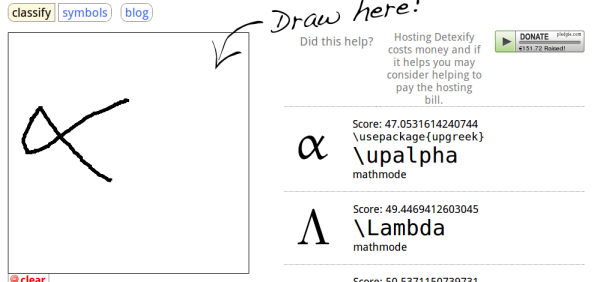When your users tell you ‘you are not adding value’: Boycott against Elsevier
January 29th, 2012 by joseScott Aaronson uses an analogy to the game industry to describe the predicament academics are in:
I have an ingenious idea for a company. My company will be in the business of selling computer games.
But, unlike other computer game companies, mine will never have to hire a single programmer, game designer, or graphic artist. Instead I’ll simply find people who know how to make games, and ask them to donate their games to me. Naturally, anyone generous enough to donate a game will immediately relinquish all further rights to it. From then on, I alone will be the copyright-holder, distributor, and collector of royalties.
This is not to say, however, that I’ll provide no “value-added.” My company will be the one that packages the games in 25-cent cardboard boxes, then resells the boxes for up to $300 apiece.
But why would developers donate their games to me? Because they’ll need my seal of approval. I’ll convince developers that, if a game isn’t distributed by my company, then the game doesn’t “count”—indeed, barely even exists—and all their labor on it has been in vain.
As crazy as it sounds, this is exactly the situation with academic publishers. The ‘status quo’ is such that young researchers must publish on established journals (to gain the “seal of approval”). For older researchers, switching to open access publishing doesn’t pay off either: it’d show they don’t believe in the value the journals bring, and they are often editors of those (!).
And this is how the current academic publishing industry survives without adding much value. Survival is not the right word, because the leading firms still carry themselves around with arrogance. At the 2010 Semantic Web conference in Shanghai Jay Katzen, a keynote speaker from Elsevier, announced a big project on using the data on papers to create widgets. The API would allow people to do mashups with scientific data, that could be displayed on the publisher’s page. It was sold as “a new paradigm in the way research information is discovered, used, shared and re-used to accelerate science.” The reaction from the audience was instantaneous: “are you telling us that, not happy with monetizing the data and content we freely give you, you want us to build applications using that content for you to sell?”. The answer was honest: “… huh… yes.”
Today, many journal articles are online. In fact, the papers are often on the author’s homepage, and a simple query on google scholar or MS research search will find them. It is hard to imagine what value a publisher adds here.
However, the alternative is not clear. Open access publishing finds it difficult to obtain sustainable sources of financing. PLoS, the Public Library of Science, is financially sustainable, but ArXiv is struggling.
“Now it’s up to the rest of us to supply the anger.” Says Scott. Now more than 800 researchers have declared a boycott against Elsevier, up from 500 yesterday afternoon. Looks like the anger is there.
(An apology for the lack of posting. Dario has moved on to a position as senior researcher at Wikimedia, and I will be working on my startup full-time in a month. Often, I’ve seen blogpost-worthy issues, but I just didn’t have the mental bandwidth to follow up).
 Donald Knuth announced he would make an
Donald Knuth announced he would make an 

